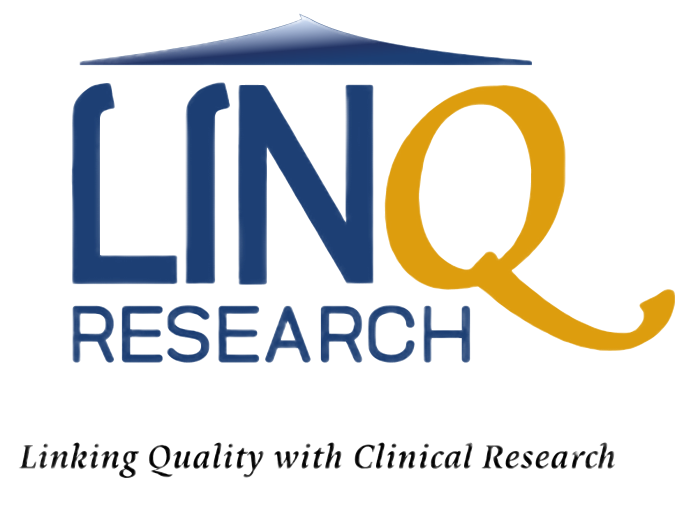One of the key elements of a well-designed clinical trial is the use of placebos. Placebos are inert
substances or interventions that do not have any therapeutic effect.
While the use of placebos may raise ethical questions, they play a vital role in clinical research
by providing a baseline for comparison and ensuring the validity of study results. In this blog
post, we will explore the role of placebos in clinical trials, their ethical considerations, and the
benefits they bring to the advancement of medical science.
Placebos are commonly used in clinical trials to establish the true effects of a treatment being
tested. In a randomized controlled trial (RCT), participants are randomly assigned to receive
either the experimental treatment or a placebo. The placebo group serves as a control, allowing
researchers to compare the effects of the active treatment against the absence of treatment.
Key Functions of Placebos in Clinical Trials:
Establishing Baseline: By comparing the outcomes of participants receiving the active treatment
to those receiving the placebo, researchers can determine the true effectiveness of the
experimental intervention. This comparison helps distinguish between the specific therapeutic
effects of the treatment and any placebo effects.
Minimizing Bias: The use of placebos helps minimize bias in clinical trials. When participants
are aware that they are receiving active treatment, their expectations and beliefs about its
effectiveness can influence their perceived outcomes. Placebos allow for a blinded study design,
where neither the participants nor the researchers know who is receiving the active treatment or
the placebo, reducing the potential for bias.
Ethical Considerations:
The use of placebos in clinical trials raises ethical concerns that must be carefully addressed.
Some key considerations include:
Informed Consent: Participants must be fully informed about the potential use of placebos in the
trial, including their purpose and the possible risks and benefits. Informed consent ensures that
participants have a clear understanding of their involvement and can make an informed decision
about their participation.
Equipoise: Ethical considerations require that there is genuine uncertainty about the superiority
of the experimental treatment compared to existing standard care. If there is already a well-
established effective treatment, the use of a placebo may not be ethical.
Minimizing Harm: Researchers must ensure that the use of a placebo does not cause harm to
participants. In certain cases, it may be ethically necessary to offer active treatment or standard
care to participants, particularly when dealing with serious or life-threatening conditions.
The use of placebos in clinical trials serves a crucial role in medical research by providing a
baseline for comparison and ensuring the validity of study results. While ethical considerations
must be carefully addressed, placebos contribute to scientific rigor, comparative analysis, and
regulatory approval of new treatments.
Striking the right balance between ethical considerations and scientific advancement is essential
to continue the progress of medical research and improve patient care.
